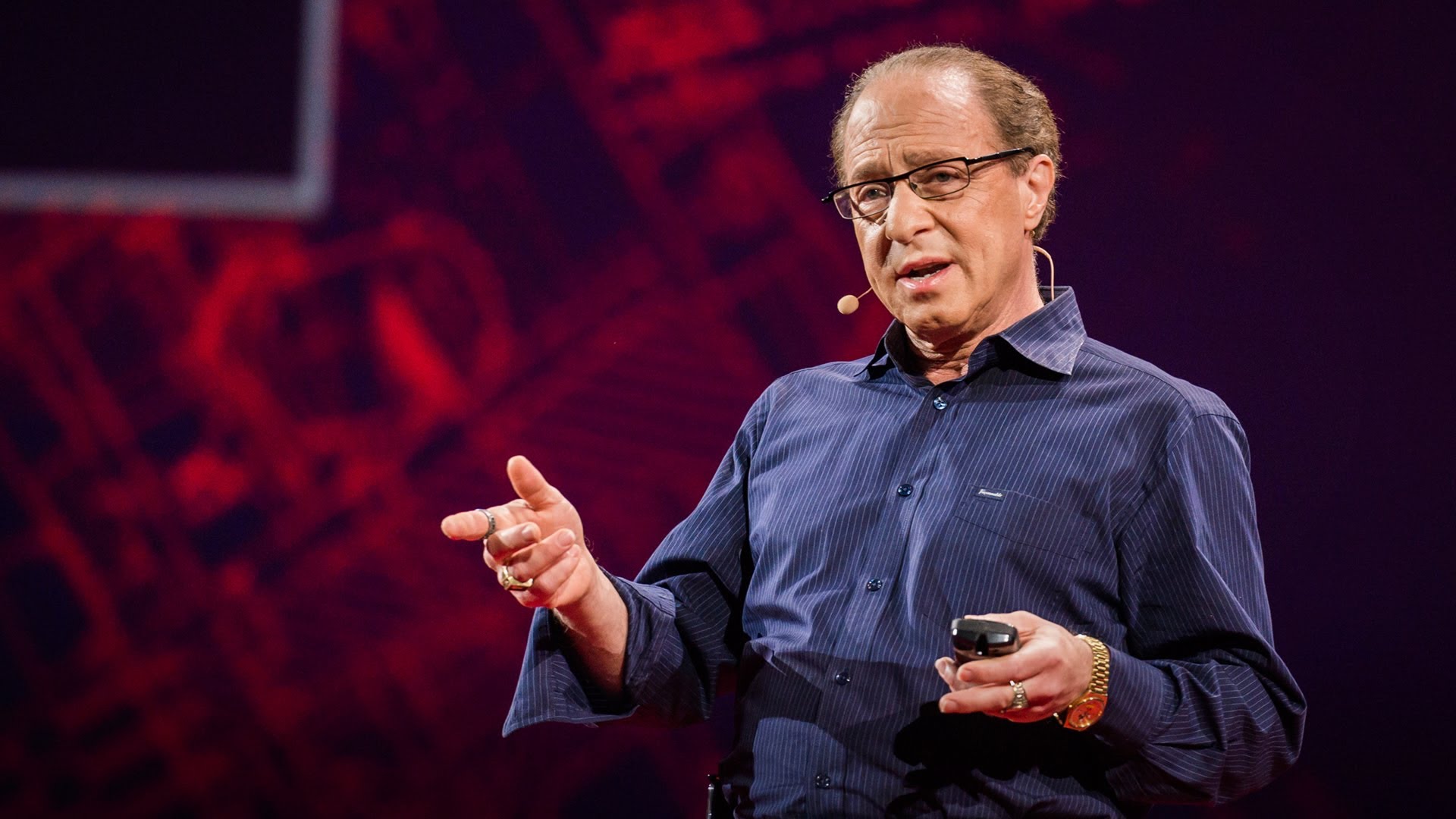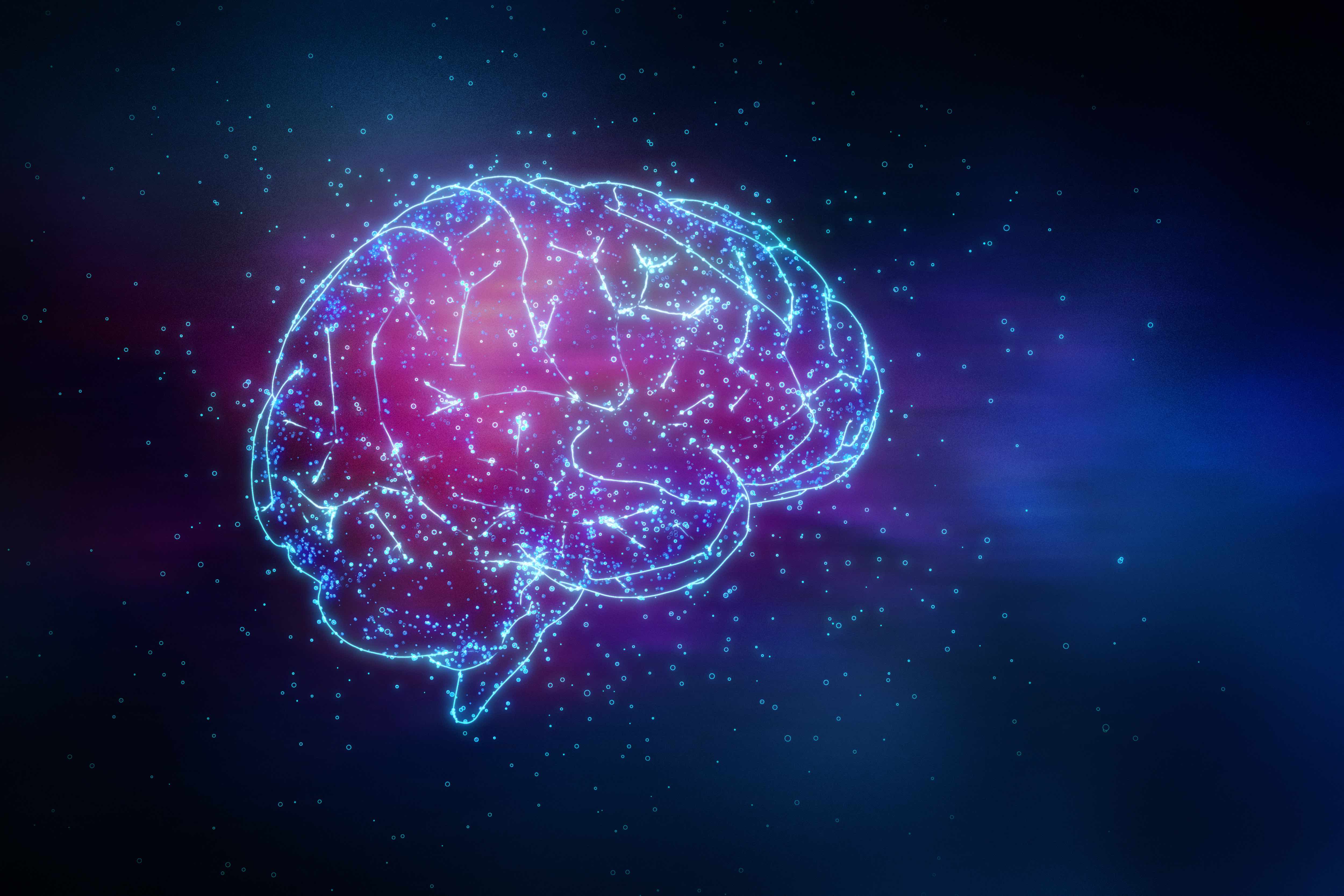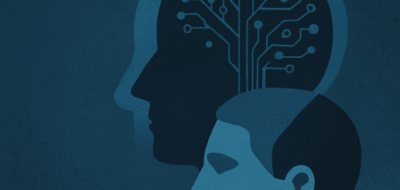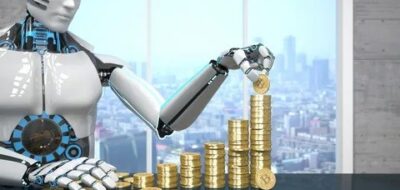Most people today find it difficult to keep up with the break-neck pace of technological advances. Scientists increasingly claim that to understand the future, which surprisingly is now, people have to adopt their brains. Unless brains adapt, a wall of misunderstanding will grow between their owners and modern technology.
Technology conferences dedicate ever more time to the impact of the expansion of computer technologies on human evolution, people’s lifespans and the capacities of the human mind. How does one observe and understand the developments that will not only change the way we communicate but may also affect the structure of our brains?
Virtual journeys: Singularity University and Global Summit
I am certain the times we live in are extraordinary. Every day, we witness developments that we could merely speculate about only a dozen years earlier. I’m in the habit of giving myself a few moments every morning over breakfast to bring myself up to date on where the world of technologies is heading.
It is easy to forget one is carrying the whole world in one’s pocket. What being connected to the web via a smartphone means to us mainly is an ability to access company and personal e-mails, social media, some YouTube entertainment and interact with our close ones. However, just as easily as we communicate with our friends, we can tap into the most outstanding minds of our time.
I was unable to attend the Global Summit held a few days ago in San Francisco but all I needed to catch up on what happened there was to browse, for a mere half an hour, the website of the Singularity University established by a leading futurologist and Google employee, Ray Kurzweil. As I found out, quite a lot did indeed happen there. The range of topics raised at the conference and the quality of the theses its attendees put forward was truly inspiring. The authors brought up the issues which I consider to be key to our civilization. They gave lectures on artificial intelligence, biotechnology, virtual reality, unmanned transportation and nanotechnology. They asked and tried to answer questions, presented visions, projected the future and at times provoked their audiences. Why are we so sure that nanotechnology will improve our future? Will contemporary technologies extend our lifespans? What are the prerequisites for creating artificial intelligence? Will autonomously thinking computers deserve to be granted fundamental rights? Is evolution coming to an end and moving into the realm of cyborgization? These and other similar questions were asked in fascinating lectures.
The big visionary Kurzweil
It is only appropriate to devote a little space here to the conference’s patron: Singularity University. Some call it the world’s most singular university, as the name suggests. The school has summarized its mission in a single sentence as being: “… to educate, inspire and empower leaders to apply exponential technologies to address humanity’s grand challenges”. This extraordinary institution, home to dozens of intellectuals, researchers, technologists, ethicists and doctors, has been created through the imagination and determination of Ray Kurzweil, an outstanding man who for decades has been predicting the future of humanity. The world of digital technologies sees him as a prophet of the digitization era. Today, Kurzweil runs a team of dozens of people at Google and engages in the most innovative projects. Polish-language readers had their first chance of learning about his ideas in 2005 upon the publication of his best-known ground-breaking book “The Singularity is Near”. In it, the celebrity visionary famously postulated that we are entering a breakthrough period in human history. Briefly put, this founder of Singularity University believes that “we will become human bodies version 2.0 (“Billions of nanobots will travel through our bloodstreams. In our bodies, they will destroy pathogens, correct DNA errors, eliminate toxins and perform many other tasks to enhance our physical well-being. As a result, we will be able to live indefinitely without ageing …”) and human body version 3.0 (“We are becoming cyborgs”).
I am one with my smartphone
Recently, Kurzweil, who also leads a team of people developing artificial intelligence tools, including “chatbots”, which are capable of talking to each other and display characteristics of human personality, gave an interview to the U.S. edition of Playboy. In a fascinating conversation, he said: “My smartphone is several thousand times more powerful and millions of times less expensive than the IBM 7094 computer I used when I was an undergraduate at MIT in 1965. (…) If I want to multiply the computational and communication power by 10,000–that is to say if I need to access 10,000 computers—I can do that in the cloud. (…) This little Android phone I’m carrying on my belt is not yet inside my physical body, but that’s an arbitrary distinction. It is part of who I am”. As I read these and other similar words over breakfast, I realize I am part of a huge process of global technological revolution. Perhaps I will even become part of evolutionary changes in the human species. I may begin experiencing that more fully in 2029, the year which the author of Singularity believes will, for the first time ever, see the blurring of boundaries between living and non-living organisms and the intelligence of the latter exceed that of humans by a factor of several million.
My connection with thoughts
As I log onto the Singularity University website in between cups of coffee, I realize what great progress has been made in recent years in accessing knowledge, new information and inspiring ideas. Still over breakfast, I read the proposals of the greatest intellectuals dealing with the fates of the Earth and us all. As I perform simple day-to-day tasks, I instantaneously connect my mind to a repository of global ideas. As I surf the web, I feel I am part of the debate, which I find essential. This helps me grow and modify my views. I take pleasure in passing the knowledge on to others. And I do all this without leaving home using only my smartphone. A trivial benefit of the Internet Age? Perhaps. But it also illustrates that we have come an incredibly long way in developing communications and access to knowledge.
Related articles:
– Fall of the hierarchy. Who really rules in your company?
– Artificial Intelligence for all
– A hidden social networks lurks within your company. Find it!
– Chernobyl – the bomb is still ticking
– Augmented Reality. Seeing more than just a Pokemon

Ray Kurzweil on Artifficial Intelligence










Pico Pico
For everyone freaking out that AI is gaining self awareness, this is not how GPT-3 works. It’s just really good at making up totally random stuff that sounds a lot like its training data (i.e. it mimics the conversations of real people). For example, the reason why it’s talking about being human is because humanity as fascinated with that idea and we like to write about it a lot so its in the training data. If you listen closely though, this conversation is full of non-sequiturs and things that don’t really make sense.
The reason why this is scary is not that AI is going to become self aware and murder us all. It’s scary because scammers can use it to trick ordinary people by producing very realistic sounding text with just a little guidance.
John Accural
There are books out there that talk about AI and the existential threat from AI. They even say they should watch AI forums and nationalize initiated projects. And there’s only like 3 English-speaking AI forums, 2 truly. Stephen Hawking and Elon Musk could be watching this very thread! Right? They sound really worried in their books, on the news, and on their dedicated website. Aren’t you scared?
Mac McFisher
But then what concerns theory, no one listens to me, or to people like me, some day they may realize that it may be vital at least to pay a little attention, also to what i have written here for more than ten years. Thank you for your attention, together we may prevent the total insanity, the real fake science.
Mac McFisher
Some in the European Parliament are going nuts. Equaling robots to humans is very dangerous, as then applying killing switches to robots means that the same can be done to humans. And there is no theoretical justification for equaling robots to humans or giving them human rights.
John McLean
Most scientists believe that computer systems will never have the broad range of intelligence, motivation, skills, and creativity possessed by human beings,” says Cromie. Likewise, renowned science writer Isaac Asimov states: “I doubt the computer will ever match the intuition and creative powers of the remarkable human mind.”
johnbuzz3
There already are computers that compute faster than humans. HPC. After all, that is what they’re made for. The fastest supercomputer in the world, K, computes at 8.2 billion megaflops, contrary to the brain’s 2.2 billion megaflops. Around four times the speed. And it holds 10 times the data. But we are driven by emotions, not logic. They will never replace us – humans
Norbert Biedrzycki
Quantum computers for example but only for a very specific purposes, algorithm’s
TommyG
There are various business benefits gained from Artificial Intelligence today, but according to 2016 Forrester’s survey, there are also obstacles to Artificial Intelligence adoption as expressed by companies with no plans of investing in this technology
Norbert Biedrzycki
Could you be more specific? Or please provide a link to this survey
Karel Doomm2
EU is working on paper on legal status. The proposed legal status for robots would be analogous to corporate personhood, which allows firms to take part in legal cases both as the plaintiff and respondent. It is similar to what we now have for companies, but it is not for tomorrow. What we need now is to create a legal framework for the robots that are currently on the market or will become available over the next years.
CabbH
There is room for concern, if a “tool”, you know. A drug, a device. Thereon. Is a very sci-fiction approach to ignore it’s benefits. AI. Is not a robot. It is a broadly, fear-mongered. You are using AI, as we speak. Spell Check, Co-ordinations and logical processes. So unless you are referring to individual people, or culprits, jeopardizing it’s sagacity. Then the answer is to you a question. Be assured. It is not as bad as one fantasies. The future. Is way beyond your reach. Unless you pioneer provisions per se.
Mac McFisher
GPT3 has an incredibly good model of the English language and would certainly pass the Turing test, but the question still remains as to whether it truly understand what it is saying.
The answer to that question is most likely, no. GPT3 has derived a model of English by creating 175 parameters for the language via deep machine learning. That is, it has recognized and internalized many, many linguistic patterns and connections that allow it to imitate an ordinary english speaker while having no understanding of what it is actually saying.
Don Fisher
In his 2012 book, How to Create a Mind, Kurzweil said the neocortex of the human brain contains 300 million pattern processors that are responsible for human thought. These pattern processors could be artificially replicated, argued Kurzweil, allowing artificial intelligence to surpass human ability.
That wouldn’t make the human brain obsolete, though. By linking our brains to cloud computers, claims Kurzweil, humans could expand the limits of our own computing ability — and eventually, upload our own brains to the cloud.
“As you get to the late 2030s or 2040s, our thinking will be predominately non-biological and the non-biological part will ultimately be so intelligent and have such vast capacity it’ll be able to model, simulate and understand fully the biological part,” said Kurzweil.
“We will be able to fully back up our brains.”
http://www.cbc.ca/news/technology/artificial-intelligence-human-brain-to-merge-in-2030s-says-futurist-kurzweil-1.3100124
TomK
We should talk about fundamental change of education system not about taxing robots. The problem is not robotization but that after 16 Y of hard work at school our kids will have to compete with robots as they learn there only what machine can easly do after 2 weeks of being programmed !
TomHarber
Don’t think so brain becomes obsolete. The way we use our brain changes constantly. Amount of information we need to process every second is overwhelming
TonyHor
“In order to guide us accurately through space, the brain needs a ‘sense’ of the speed of our movement. But how do such stimuli actually reach the brain? Researchers have now identified a signal pathway in mice that feeds speed information directly into the brain’s navigation system”.
Check this one:
https://www.sciencedaily.com/releases/2016/12/161206110052.htm
johnbuzz3
Interesting. This is a good one: “Billions of nanobots will travel through our bloodstreams. In our bodies, they will destroy pathogens, correct DNA errors, eliminate toxins and perform many other tasks to enhance our physical well-being. As a result, we will be able to live indefinitely without ageing”. Future or fantasy?
Norbert Biedrzycki
It’s happening right now: http://sharpbrains.com/blog/2015/11/10/10-neurotechnologies-about-to-transform-brain-enhancement-and-brain-health/
10 Neurotechnologies About to Transform Brain Enhancement and Brain Health. Report based on patents, choosen based on few criterias like: neurotechnologies being digital, are scalable and relatively inexpensive, and that, being non-invasive, pose few if any negative side-effects.
TomCat
The next time you enter a query into google or consult the company’s map service for directions, remember that a big brother AI bain is working behind the scenes to provide relevant search results and make sure you don’t get lost while for example driving. It’s not a real brain, but the Google Brain research team. Google Brain research team has created more than 1,000 so-called deep learning projects that have supercharged many of products over the past few years like YouTube, translation, search and photos. With deep learning, systems can feed huge amounts of data into other software systems called neural nets that learn to recognize patterns much, way faster than humans. Are we gtting to be obsolete?
TonyHor
Kurzweil delves into the idea of “reverse-engineering” the brain in his latest book, How to Create a Mind: The Secret of Human Thought Revealed, in which he says even though the brain may be immensely complex, “the fact that it contains many billions of cells and trillions of connections does not necessarily make its primary method complex.” This is great
Don Fisher
Book you’re reffering is interesting, indeed. But some of the thesis are quite scarry. Like human civilization taken over by A.I.
Norbert Biedrzycki
All depends on us. What we are gonna do with AI. Check Three/Four by Isaac Asimov: http://www.auburn.edu/~vestmon/robotics.html